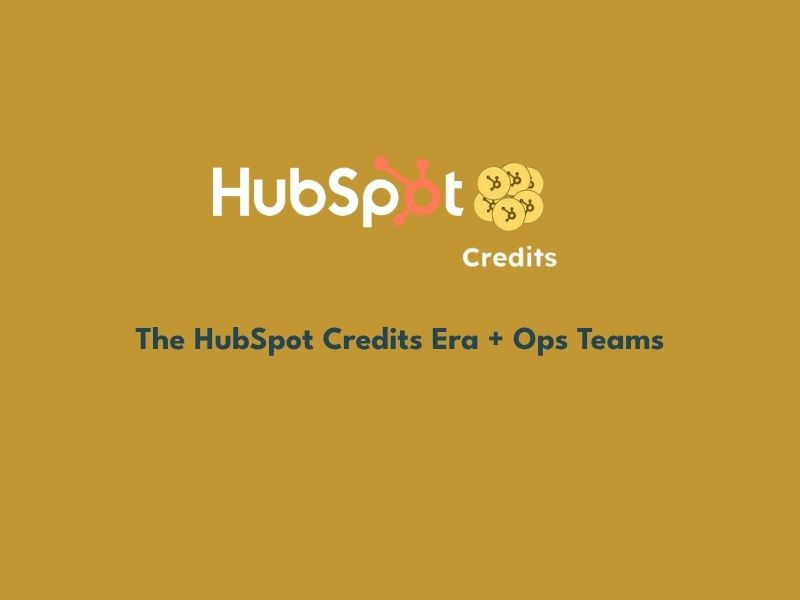The Human-Centric Approach to AI and Marketing
- Chasity Gibson

- Nov 13, 2024
- 3 min read

Remember that time in college when you thought it'd be a great idea to let your roommate's "super smart" AI chatbot run your dating app? Yeah, we've all been there (and we're still apologizing to matches for those weird pick-up lines). Well, now that we're in the big leagues of B2B SaaS, it's time to talk about a much cooler application of AI: marketing. But don't worry, we're not going full Skynet here – we're keeping it human, baby!
Why Human-Centric AI Marketing is the Real MVP
Let's face it, as much as we love our robot overlords, they're not quite ready to take over the marketing world (or any world, for that matter). Here's why keeping humans in the driver's seat is crucial:
Emotional Intelligence: AI can crunch numbers faster than you can say "Series A funding," but it can't replicate human empathy or understand the nuances of customer emotions. And let's be real, in B2B, emotions matter – even if we pretend they don't.
Creativity: Sure, AI can generate content, but can it come up with that perfectly timed meme that makes your prospects snort coffee through their nose? Didn't think so.
Strategic Thinking: AI is great at executing tasks, but it can't replace the big-picture thinking that drives successful marketing strategies. You need human brains for that "aha!" moment.
Relationship Building: Last time we checked, AI couldn't grab a beer with a client or high-five a teammate after crushing a campaign goal. Human connections are irreplaceable in marketing.
The Pros of AI in Marketing (When Used Right)
Now, don't get us wrong – AI isn't just some fancy toy to impress your investors. When used correctly, within a human-centric system, it can be a game-changer:
Data Analysis: AI can process vast amounts of data and uncover insights faster than you can say "pivot."
Personalization at Scale: Tailoring content and experiences for individual customers becomes possible without cloning your marketing team.
Predictive Analytics: AI can help forecast trends and customer behaviors, letting you stay ahead of the curve (and your competitors).
Automation of Repetitive Tasks: Free up your human talent for more strategic work by letting AI handle the mundane stuff.
The Cons (Because Nothing's Perfect, Not Even AI)
Lack of Context: AI might miss cultural nuances or fail to understand the full context of a situation, leading to potential faux pas.
Over-reliance: Becoming too dependent on AI can lead to a loss of human skills and intuition in marketing.
Data Privacy Concerns: With great data comes great responsibility. AI requires lots of data, which can raise privacy issues.
Initial Cost and Learning Curve: Implementing AI solutions can be expensive and requires time to learn and integrate effectively.
Best Practices for Human-Centric AI Marketing
Use AI as a Sidekick, Not the Hero: Let AI handle data analysis and repetitive tasks, but keep humans in charge of strategy and creative decisions.
Always Double-Check: Don't blindly trust AI outputs. Have human eyes review and refine AI-generated content or recommendations.
Prioritize Transparency: Be open with your audience about when and how you're using AI in your marketing efforts.
Continuous Learning: Stay updated on AI capabilities and ethical considerations. The field is evolving faster than startup valuations in a bull market.
Maintain the Human Touch: Use AI to free up time for more personal interactions with customers and prospects.
Why This Matters for Your Startup
As an early-stage B2B SaaS startup, you're probably wearing more hats than a haberdashery. AI can help you scale your marketing efforts without losing that personal touch that sets you apart. By using AI to support your human-led strategy, you can punch above your weight class and compete with the big dogs.
Remember, at the end of the day, you're selling to humans, not algorithms.




Comments